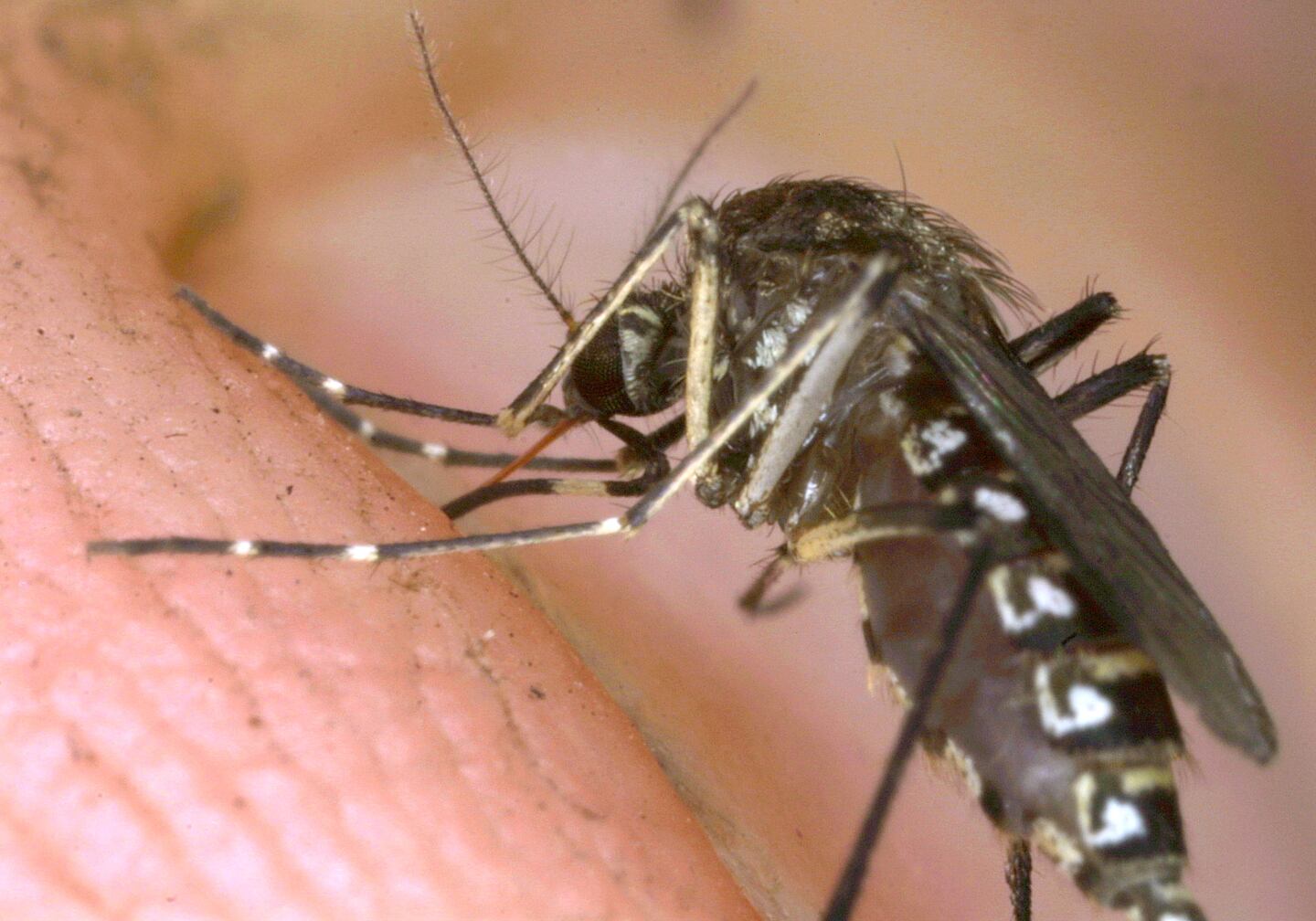FRAMINGHAM, Mass. — Mosquitoes collected in Framingham have tested positive for West Nile virus, and officials said Thursday that the city has been elevated to moderate risk of virus transmission.
Spraying for mosquitoes will take place next week in the city, officials said. The East Middlesex Mosquito Control Project has sprayed multiple times this year in Framingham.
The positive mosquito samples were identified by the state Department of Public Health Arbovirus Laboratory as part of routine mosquito surveillance conducted across Massachusetts, officials said.
Framingham is among several communities across the state, including Natick, Holliston, Newton, and Waltham where West Nile virus has been detected in mosquitoes.
No human cases of West Nile virus have been reported in Framingham this year.
Last month, on July 23, state public health officials announced the Eastern equine encephalitis virus has been detected in mosquitoes in Massachusetts for the first time this year.
A week later, on July 30, town officials in Bridgewater announced that EEE has been detected in mosquitoes in that community.
West Nile virus, and EEE, are most commonly transmitted to humans through the bite of an infected mosquito.
While most people infected with West Nile virus do not experience symptoms, the virus can cause serious illness, particularly in older adults and people with compromised immune systems.
The city of Framingham on Thursday urged residents to take the following precautions to reduce their risk:
- Use insect repellent with an EPA-registered ingredient such as DEET, picaridin, or oil of lemon eucalyptus.
- Wear long sleeves and long pants when outdoors, especially during peak mosquito hours from dusk to dawn.
- Eliminate standing water on your property, such as in buckets, flowerpots, gutters, and birdbaths, where mosquitoes breed.
- Ensure window and door screens are intact to prevent mosquitoes from entering homes.
The city’s Health Department is working closely with the state Department of Public Health and the local Mosquito Control Project to “increase surveillance and implement additional mitigation strategies as necessary,” city officials said.
For more information on West Nile virus and updates on arbovirus activity in Massachusetts, visit the state’s Arbovirus Update page.
Residents with questions may contact the Department of Public Health at 617-939-3988.
This is a developing story. Check back for updates as more information becomes available.
Download the FREE Boston 25 News app for breaking news alerts.
Follow Boston 25 News on Facebook and Twitter. | Watch Boston 25 News NOW
©2025 Cox Media Group







